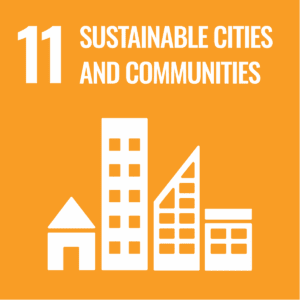VOL 1 No 2, 2024 Research Article
PhD Research Scholar, Institute of English, University of Kerala, India
DOI: https://doi.org/10.21659/jsae/v2n1/v2n101
[Article History: Received: 30 Mar 2025. Revised: 20 Apr 2025. Accepted: 22 Apr 2025. Published: 23 Apr 2025]
Abstract
This research article examines how Tishani Doshi’s poetry reimagines Chennai (formerly Madras), a major South Indian coastal metropolis and capital of Tamil Nadu, as a dynamic, porous ecosystem rather than a static urban backdrop. Drawing on material ecocriticism and the concept of entanglement, the article analyzes how Doshi’s work challenges traditional boundaries between human and non-human, built and natural environments in urban settings. Unlike earlier Indian urban poets who approached cities primarily as psychological landscapes with nature serving as background or idealized escape, Doshi portrays Chennai’s coastal dynamics, monsoon patterns, and summer heat as active agents that materially transform human bodies and experiences. Through close readings of select poems in Girls Are Coming Out of the Woods (2017) and A God at the Door (2021), the paper demonstrates how Doshi reveals forms of distributed agency beyond human intention. Her representation of “mud-caked, mud-brown” bodies and skin, “offered” to gulmohar trees, exemplifies Stacy Alaimo’s concept of transcorporeality, where human bodies physically incorporate their environments. Doshi’s “uninnocent” portrayal of multispecies relationships—from dogs to snakes to mice—further disrupts human exceptionalism while acknowledging the complex entanglements of urban coexistence. By attending to the material exchanges between bodies, infrastructure, and ecological forces specific to Chennai’s vulnerable coastline, Doshi develops an urban ecopoetics that deepens our understanding of human-environment relationships in the increasingly precarious cities of the Anthropocene
Keywords: Tishani Doshi, urban ecopoetics, material ecocriticism, entanglement, Madras



